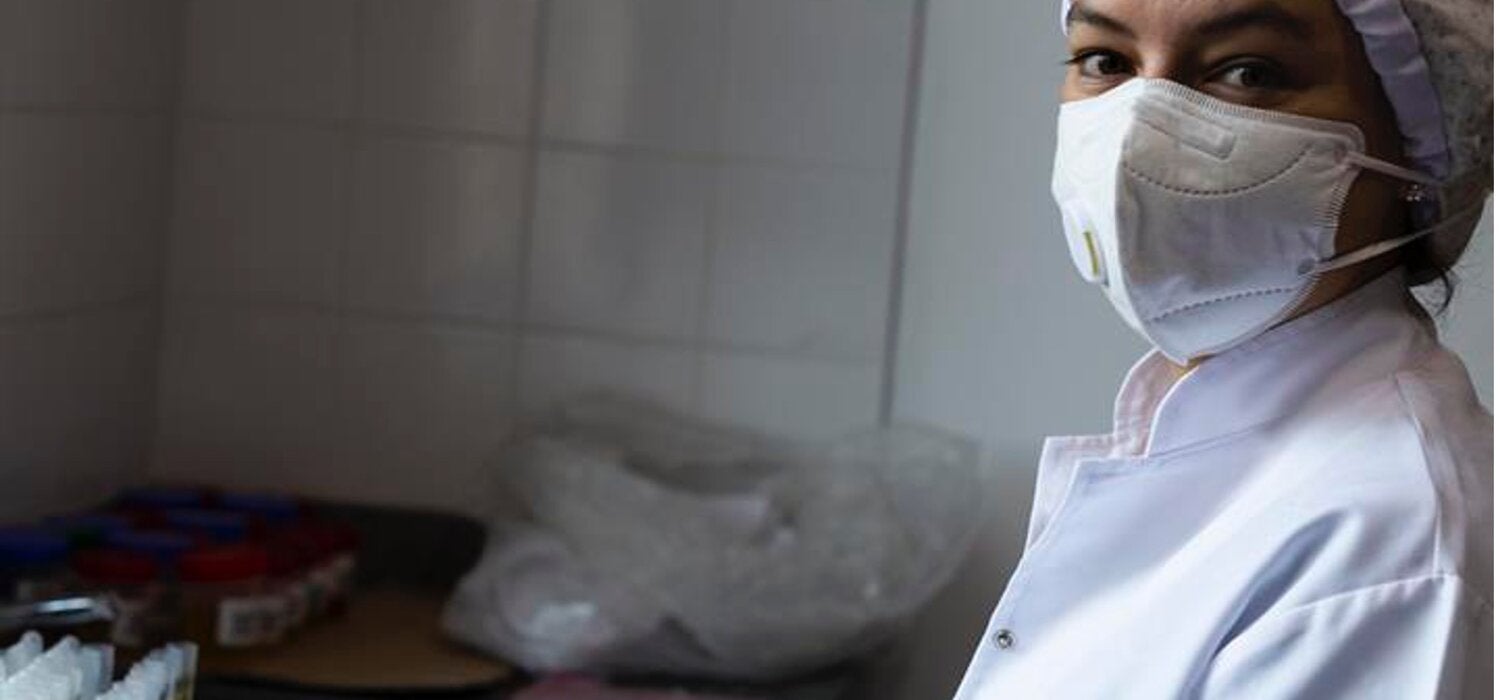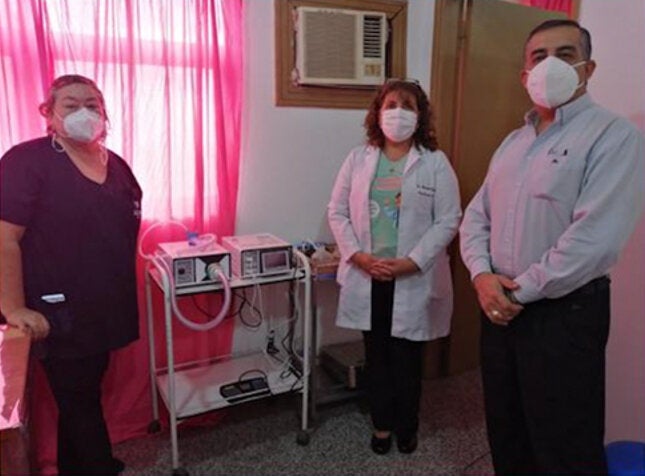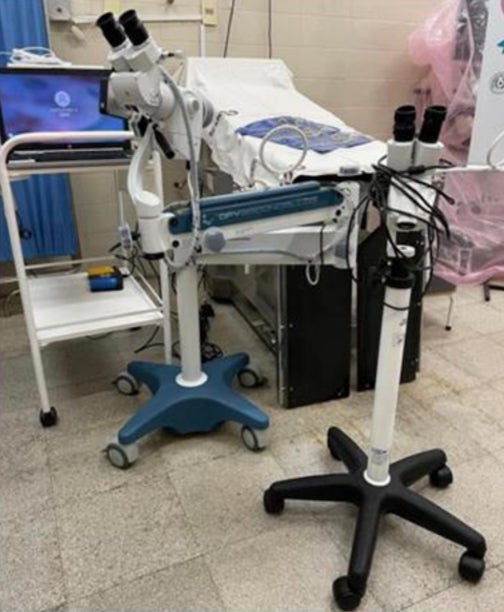In the Department of Cordillera, 60 kilometers from Paraguay's capital, the gap in access to information, diagnosis and treatment of cervical cancer is closing. Health personnel are moving beyond hospitals to raise awareness on this disease, which kills one woman every day in Paraguay.
April 2022
No woman should die from cervical cancer because it is a preventable disease," says Dr. Alicia Pomata, director of the National Cancer Control Program. "Women should be informed and sensitized so that they can get tested when appropriate," she explains.
To achieve this, the National Cancer Control Program at the National Cancer Institute (INCAN) within the Ministry of Public Health and Social Welfare (MSPyBS) of Paraguay is implementing a renewed strategy called "For a future without cervical cancer," based on the WHO Global strategy to accelerate the elimination of cervical cancer.
No woman should die from cervical cancer because it is a preventable disease. Women should be informed and sensitized so that they can get tested when appropriate."
The strategy focuses on strengthening health regions, through a greater emphasis on early diagnosis and treatment of pre-malignant lesions for timely treatment and prevention of additional suffering and deaths. To achieve this, the program aims to improve health promotion and enhance diagnostic and care centers in various health regions of the country. In addition, protocols will be updated so that health personnel can provide better care based on the most up-to-date scientific evidence.
"We started with diagnosis, establishing an action plan based on evidence that responds to our context," explains Dr. Pomata. "The action plan was developed to ensure more women have access to screening. For this we had to work in a decentralized way," she continues.
In Cordillera, a department 60 kilometers from the capital, Asunción, community-based approaches are reported to have helped the program reach two thousand women through communication campaigns, consultations, and the provision of HPV testing, colposcopy, biopsy, and treatment services.
"Collaboration with health regions, main hospitals and primary care networks is of vital importance for early detection and prevention of cervical cancer,” said Dr. Marina Ortega, head of the National Program for Prevention, Early Detection and Treatment of Cervical and Breast Cancer (PRONAC).
"We managed to strengthen diagnostic and treatment centers with high-end equipment," Ortega points out, adding that, “results are now obtained quicker and patients can now receive treatment in their own communities."
Women have access to treatment and information. Health personnel have the right tools for diagnostic tests, the results are delivered in a few days, and trust is built between women and health providers. This is an experience that fills us with satisfaction", says Dr. Pomata.
Throughout implementation, the Pan American Health Organization (PAHO) supported the country by: contributing to the development of fact sheets and leaflets to train and sensitize the population across the country's 18 health regions; and facilitating diagnoses through the distribution of diagnostic and informed consent forms to sampling centers in Cordillera. In addition, PAHO has provided medical equipment, computer equipment, and supplies required to pilot the plan, and record data and findings on the ground.
Ortega says that, despite the pandemic, "plans are underway for expansion. The Cordillera experience, using community-based approaches will be replicated in other regions of the country."



